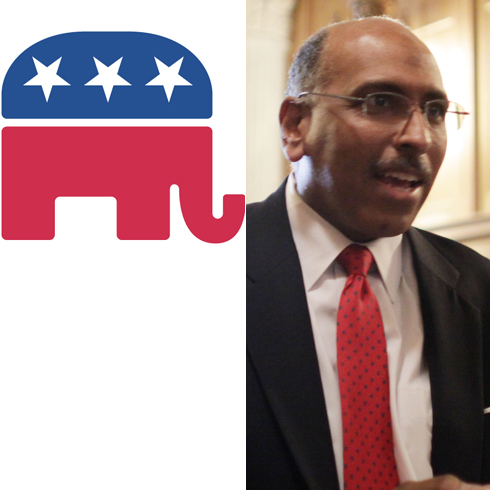The Republican National Committee could be on the verge of seriously altering its 2012 presidential nomination process, the Hotline reports, with a special committee’s draft rules introducing such changes as pushing back the key primary and caucus dates and adding in proportional representation.
The special committee’s rules preserve the same four early state as last time — Iowa, New Hampshire, South Carolina and Nevada — but move the contest dates into February instead of January. And for the GOP primaries to be held in March, their contests would require proportional delegate allocation, instead of the proliferation of winner-take-all contests that the Republicans used last time.
We asked RNC member Saul Anuzis, a former Michigan GOP chair who sat on the committee, about the reasons for the changes.
“There were some who wanted to ‘prolong’ the process to give long-shot candidates a chance at getting the nomination,” said Anuzis. “By creating a window for proportional allocation, the RNC made it harder to lock up the nomination early. In effect, it gives candidates an extra 30 days or so once the voting starts.”
Was this an effort to emulate the Democrats’ proportional representation rules, we asked, and perhaps gain some advantages of the longer primary battle in 2008 between Barack Obama and Hillary Clinton?
“No. We all obviously talked about that, we knew it was out there, but that wasn’t the goal at all,” said Anuzis. “The simple goal was to say, look, there was a group that really felt it was important to prolong it so a leading candidate or well-funded candidate couldn’t just wrap it up in the first 30 days or something like that. So the idea was if you created some kind of proportionality early in the process, it would allow candidates who weren’t necessarily top tier going in to play in the process.”
The new rules also contain a clause that the calendar would revert to the 2008 rules if the Democrats do not implement a similar timetable, with February as the earliest date. Is this a standard sort of coordination, we asked? As it turns out, the answer is no — this is the first time the two parties have directly coordinated their calendars. The Democrats will formally pass their rules at a later date, after the RNC’s August meeting, so the GOP needed a clause just in case the Dems didn’t follow through.
The GOP’s committee could potentially make further revisions between now and August, if there were further feedback on the proposal. But no such changes are expected for now, Anuzis said, as there has been no opposition yet, and he expects the new rules to pass.
“We need a two-thirds vote. That’s why we limited the proposal to what we did,” said Anuzis. “You have to have a consensus. These are pretty major changes in that, a) We tried to cooperate e with the Democrats, b) we moved back the calendar, and c) we added proportional allocation.”









